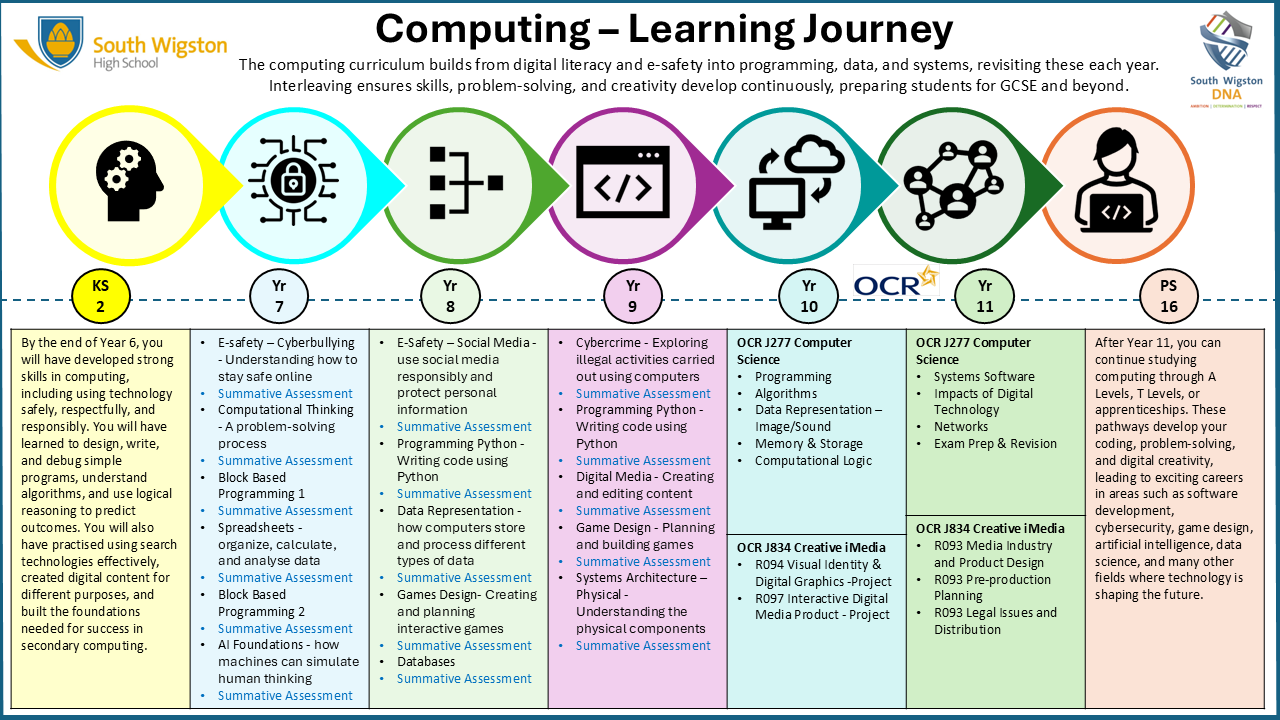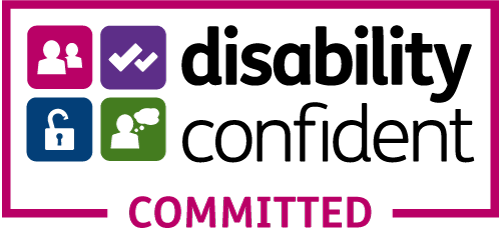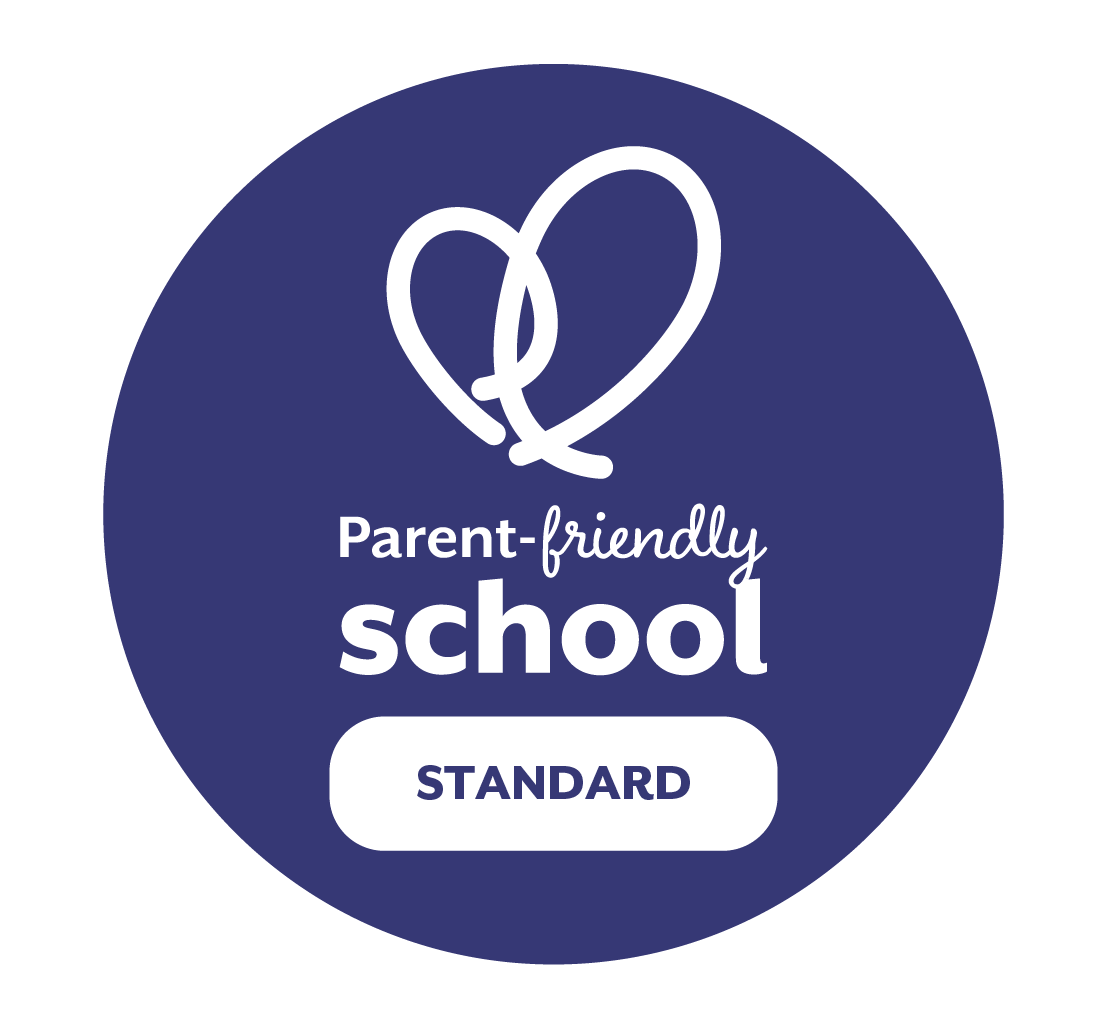Computing
Member of staff
Mr T. Vickerman: Curriculum Lead of ICT and Computer Science
Mr O Rahman: Teacher of ICT
Miss S. Read: Teacher of ICT/Performing Arts
Intent
The Computing curriculum at South Wigston High School is designed to empower students with the skills, knowledge, and confidence to thrive in an increasingly digital world. Rooted in the South Wigston DNA - Ambition, Determination, and Respect, our curriculum aims to:
- Inspire Ambition by encouraging students to explore diverse, real-world applications of technology and to pursue excellence in digital literacy, IT, and computer science.
- Foster Determination through challenging, engaging content that builds resilience, problem-solving, and adaptability in a rapidly evolving digital landscape.
- Promote Respect by developing students’ understanding of digital responsibility, online safety, and ethical computing practices, preparing them to be informed and respectful digital citizens.
The curriculum is underpinned by four key progress statements:
- LF1: Understand and apply the principles of computer science
- LF2: Analyse problems and write simple programs
- LF3: Use logical reasoning to predict and correct errors
- LF4: Evaluate the use of digital tools and technology
These ensure that students develop a well-rounded understanding of computing, from theoretical foundations to practical applications.
Implementation
At Key Stage 3, students follow a broad and balanced curriculum that introduces them to:
- Data representation and analysis
- Programming and game development
- Systems architecture and hardware
- Cybersecurity and digital ethics
- Creative media and digital tools
At Key Stage 4, students can specialise in one of two pathways:
- OCR J277 – GCSE Computer Science
Students deepen their understanding of algorithms, programming, data structures, networks, and system architecture. They develop practical programming skills in Python and apply computational thinking to solve real-world problems.
- OCR J834 – Cambridge Nationals Creative iMedia
Students explore the creative side of digital technology, including pre-production planning, digital graphics, interactive media, and media industry practices. They complete coursework projects that simulate real client briefs, building both technical and creative skills.
Across both key stages, lessons are inclusive, interactive, and ambitious. Assessment is aligned with LF1–LF4 and is both formative and summative, helping students identify strengths and areas for improvement. Enrichment opportunities such as coding clubs, competitions, and cross-curricular projects further enhance learning and promote a love for computing beyond the classroom.
Impact
By the end of their computing journey at South Wigston, students will:
- Demonstrate a secure understanding of key computing concepts (LF1)
- Analyse and solve problems using programming techniques (LF2)
- Apply logical reasoning to debug and improve solutions (LF3)
- Critically evaluate the use of digital tools and their impact on society (LF4)
They will be well-prepared for further study or careers in the digital and creative industries. Most importantly, they will embody the South Wigston DNA by showing ambition in their learning, determination in overcoming challenges, and respect in their digital interactions.
Key Stage 3 Progress Statements
ks3 progress statements computer science.pdf
Your Computing Learning Journey through South Wigston








 ↑
↑

